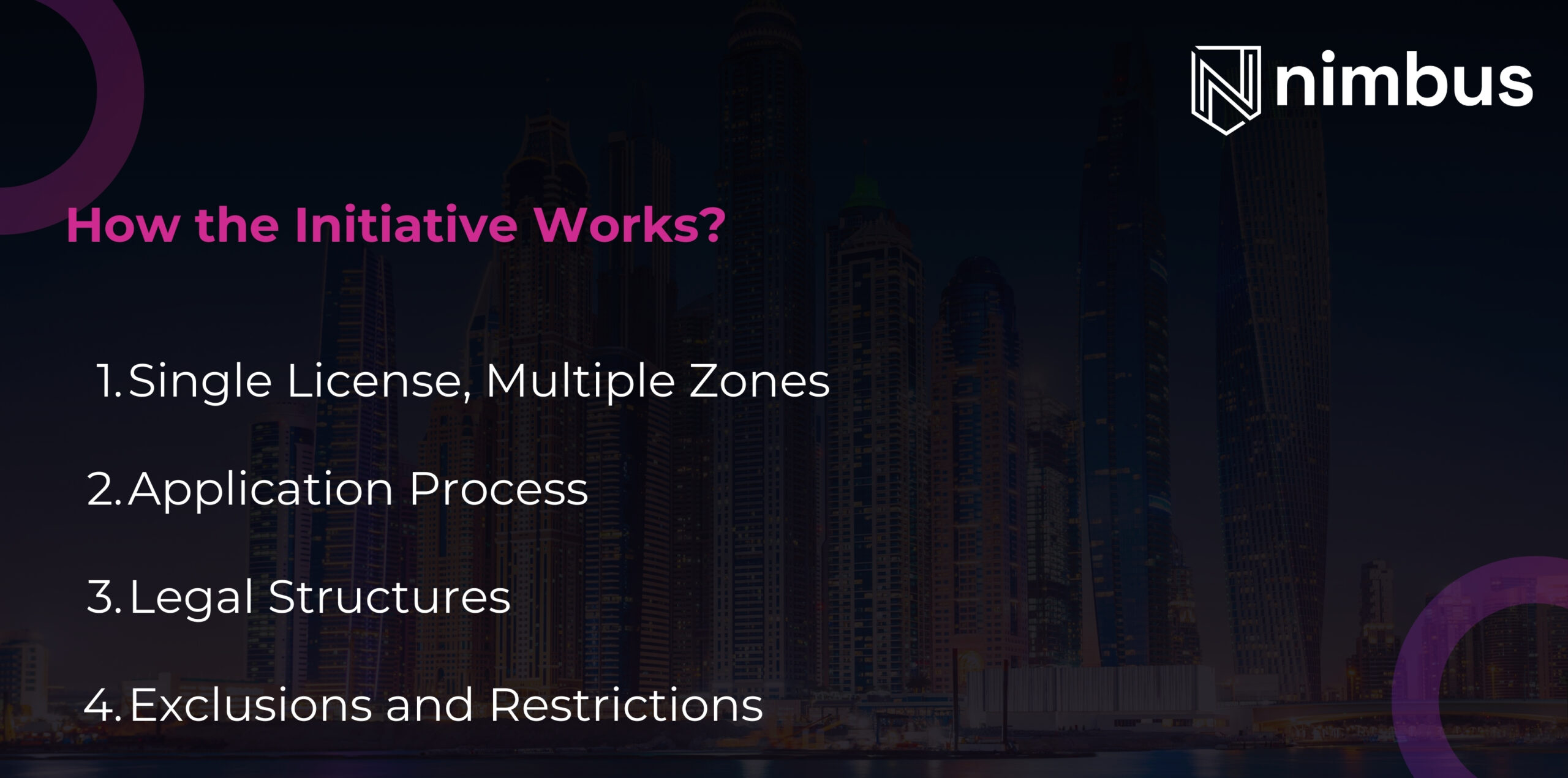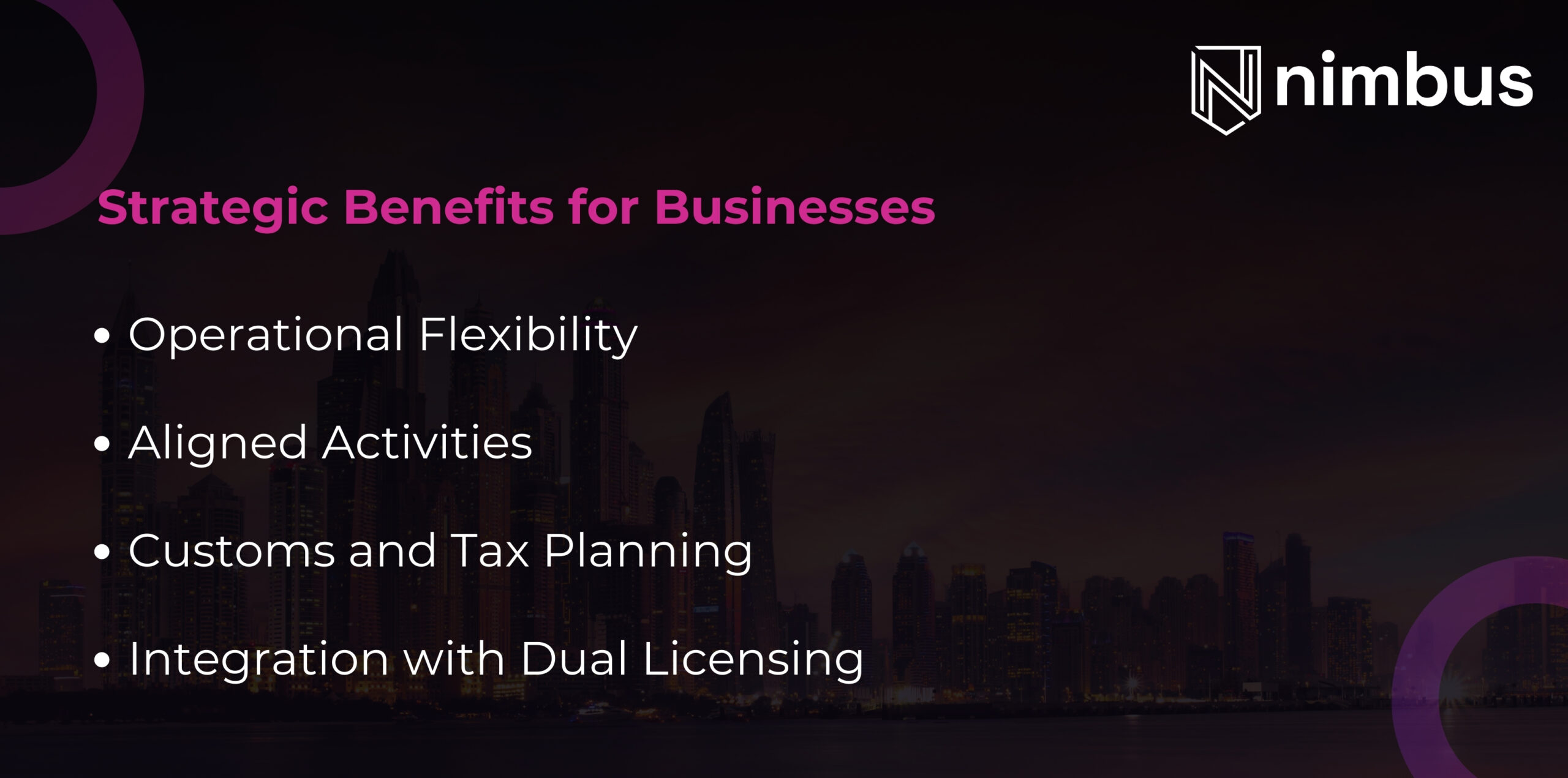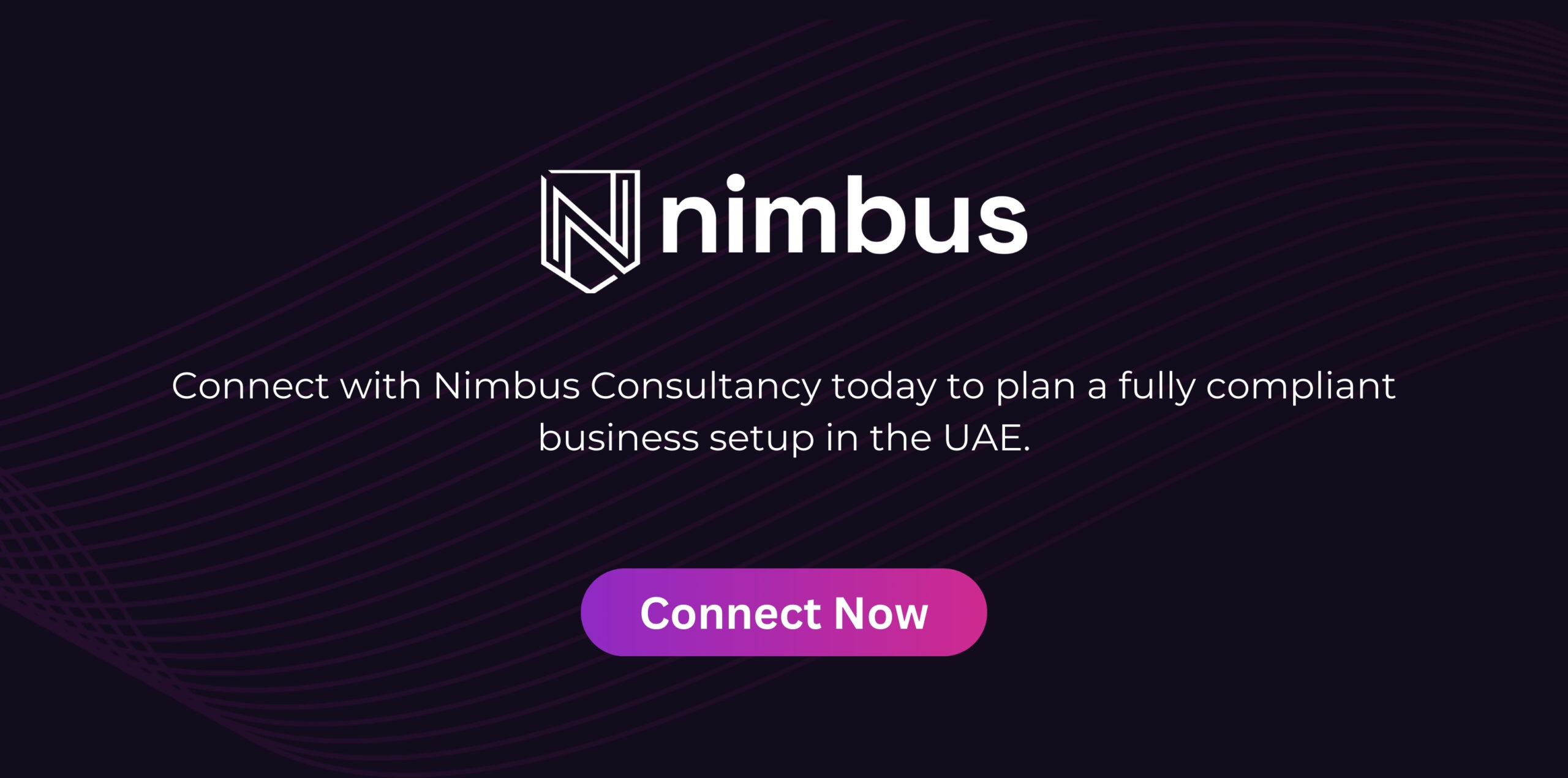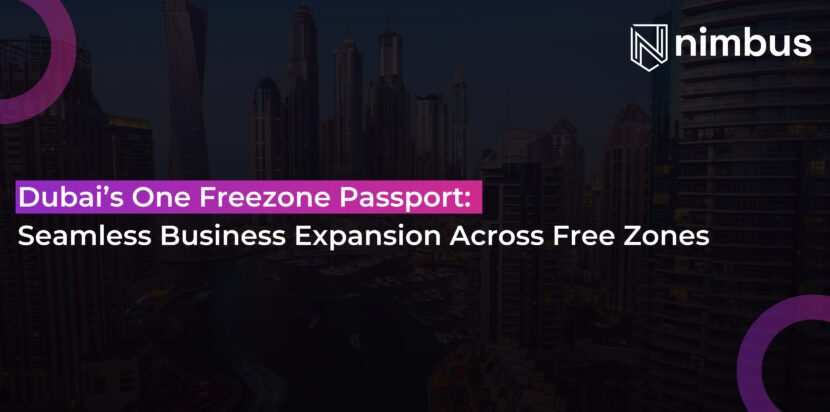Dubai has long been a global hub for business innovation, and its free zones have played a crucial role in attracting foreign investment. In 2025, the Dubai Free Zones Council (DFZC) launched the One Freezone Passport initiative, a reform designed to simplify business operations across the emirate’s multiple free zones.
This unified licensing system allows companies to operate in several free zones under a single license, reducing administrative hurdles and accelerating market entry. For businesses, investors, and entrepreneurs, understanding this initiative is essential for maximizing operational efficiency for business setup in the UAE.
– What is the One Freezone Passport?
The One Freezone Passport allows companies licensed in one Dubai free zone (the “primary zone”) to expand their operations into other participating free zones without obtaining separate licenses or fully reincorporating in the secondary zones.
The initiative supports Dubai’s Economic Agenda D33, which aims to double the emirate’s GDP by 2033, by fostering investment, improving ease of doing business, and creating operational synergies across industries. Key objectives include:
- Boosting Ease of Business: Investors can enter additional free zones without repeating licensing or incorporation processes.
- Accelerating Expansion: Companies save weeks or months that would otherwise be spent on regulatory checks, leasing negotiations, and due diligence.
- Encouraging Industry Collaboration: Technology, manufacturing, logistics, and service sectors can form innovation clusters without administrative barriers.
- Supporting Economic Growth: By reducing bureaucratic friction, the initiative strengthens Dubai’s position as a hub for foreign direct investment and diversified economic development.
– How the Initiative Works?

1. Single License, Multiple Zones
The license from the primary free zone covers secondary zones, provided the business activities are identical. This ensures regulatory consistency and reduces duplication.
2. Application Process
Businesses submit details of their licensed activities, planned operations in the secondary zone, and required facilities. Secondary zones adopt much of the existing due diligence and corporate documentation, streamlining onboarding.
3. Legal Structures
Companies can choose from:
- Branch setup: Full operational rights, including hiring staff, leasing premises, and serving clients.
- Permit: Limited to non-operational activities such as warehousing or inventory holding.
Compliance and Information Sharing:
- Secure exchange of corporate ownership, licensing, and beneficial ownership information across zones.
- Recognition of AML, CTF, and risk assessments conducted in the primary zone.
- Both zones retain monitoring authority to ensure compliance.
4. Exclusions and Restrictions
Certain sectors remain outside the initiative:
- Professional services requiring direct client interaction or specialized licensing.
- Retail, regulated financial institutions, and DNFBPs.
- Virtual office models and hot desks in secondary zones.
- Any business activity that does not match the primary license.
– Strategic Benefits for Businesses

1. Operational Flexibility
Companies can expand geographically across multiple free zones for company formation in the UAE without establishing separate entities, reducing legal and administrative overheads. This is particularly useful for logistics, manufacturing, and distribution businesses needing proximity to major ports and airports.
2. Aligned Activities
All activities must match the primary license, ensure compliance and preventing unauthorized operations. This reduces regulatory risk and increases predictability for investors.
3. Customs and Tax Planning
While Dubai’s free zones offer zero corporate tax and 100 percent foreign ownership, cross-zone operations under the One Freezone Passport require careful VAT and customs planning. Businesses moving goods between zones or engaging in re-export must ensure compliance with tax regulations and customs documentation.
4. Integration with Dual Licensing
The One Freezone Passport can complement Dubai’s Dual License Initiative (DLI), enabling companies to operate seamlessly in both free zones and the mainland. Combined, these initiatives allow businesses to establish operations in:
- Primary free zone
- Secondary participating free zones
- Dubai mainland through the DLI
– Future Outlook
1. Broader Sector Inclusion
The initiative may expand to include sectors aligned with Dubai’s strategic growth areas, such as renewable energy, healthtech, and advanced manufacturing.
2. Cross-Zone Coordination
Enhanced customs, VAT, and logistics processes could emerge as companies increasingly operate across multiple zones. This would improve efficiency in manufacturing, wholesale, and e-commerce fulfillment.
3. Innovation and Sustainability Alignment
Free zones specializing in AI, fintech, and green energy may leverage the One Freezone Passport to drive sustainable, high-tech business operations.
Dubai’s One Freezone Passport is a transformative initiative that simplifies company formation, reduces administrative complexity, and accelerates business growth across multiple free zones.

By combining operational flexibility, regulatory alignment, and potential integration with the mainland under the Dual License Initiative, this reform represents a major step toward Dubai’s D33 economic vision.
For businesses exploring company formation in the UAE expansion, understanding and leveraging the One Freezone Passport is key to achieving operational efficiency, regulatory compliance, and strategic market reach.


